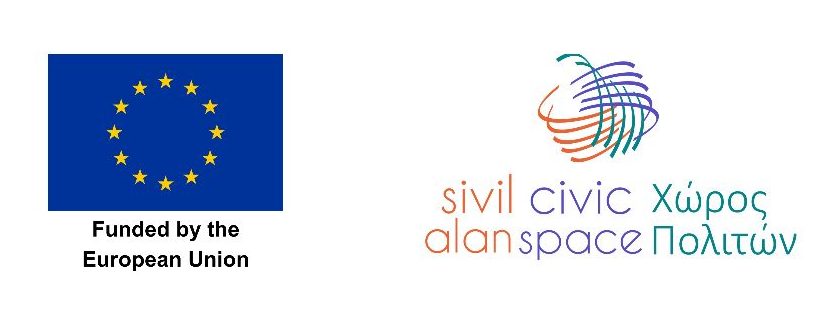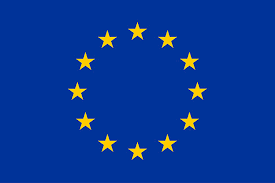On the 15th of November, Civic Space has organized a full day workshop on Ecologic literacy for civil society organisations and activists working in the fields of education and environment in the northern part of Cyprus.
Ecologic literacy concerns understanding the principles of organisation of ecosystems and their potential application to understanding how to build a sustainable human society. Ecologic literacy goes beyond a basic understanding of ecological concepts and includes a broader awareness of the interconnectedness of ecological, social, and economic systems.
Ecologic literacy is not limited to formal education; it can be cultivated through various means, including hands-on experiences in nature, environmental education programs, and exposure to ecological concepts in different contexts. The goal of ecologic literacy is to empower individuals to make environmentally conscious choices and contribute to the well-being of the planet.
Ms. Burcu Meltem Arik, Ecologic Literacy expert, successfully conducted the workshop. She built the topics to be discussed close to CSOs needs through several consultations, and the agenda and the discussions have followed the following key points: state of the world; current studies and discussions in the field of environmental/nature education; international mechanisms regarding the right to education; studies for regional and island countries; educational studies in Cyprus; needs for educational work; effective communication and solidarity network.
The right to a healthy environment is increasingly recognized as a fundamental human right, and this includes the rights of children. Children are particularly vulnerable to the impacts of environmental degradation and pollution due to their developing bodies and dependency on caregivers.
The workshop's highlight was the discussions on 'why, in Cyprus and the world, ecology/environment education is not successful and how we can improve it?'
Ecology education needs to be based not only on training and learning but also on the following principles:
- Cognitive: teach the scientific consensus on climate change and foster critical thinking skills and media literacy.
- Socio-emotional: Incorporate socio-emotional considerations to overcome anxiety, denial, and inaction.
- Action-oriented: Use teaching methods that are participatory and place-based. Focus on collective action.
- Justice-focused: link and strategize with other justice-related issues. Address who benefits and is most affected by collective inaction.
To effectively address the challenges posed by the climate crisis and environmental issues, it is imperative not only for education policies to incorporate these concerns into their mainstream agendas but also for the climate crisis and environment stakeholders to actively involve education policymakers and experts in their strategy formulation processes. Reports from the Intergovernmental Panel on Climate Change (IPCC) and discussions at climate summits should prioritize the inclusion of more education policymakers to ensure a comprehensive and synergistic approach to tackling environmental challenges. Collaboration between the two domains of Education and the Environment is essential for fostering a more sustainable and informed society.
CSOs, for their part, play a crucial role in facilitating access to information, transforming their expertise into an easily understandable language for educators, effectively disseminating accurate messages, fostering partnerships with schools and communities, and empowering children to participate in environmental education actively.
The workshop concluded with several suggestions for next steps, emphasizing the importance of continuing and deepening the dialogue.





